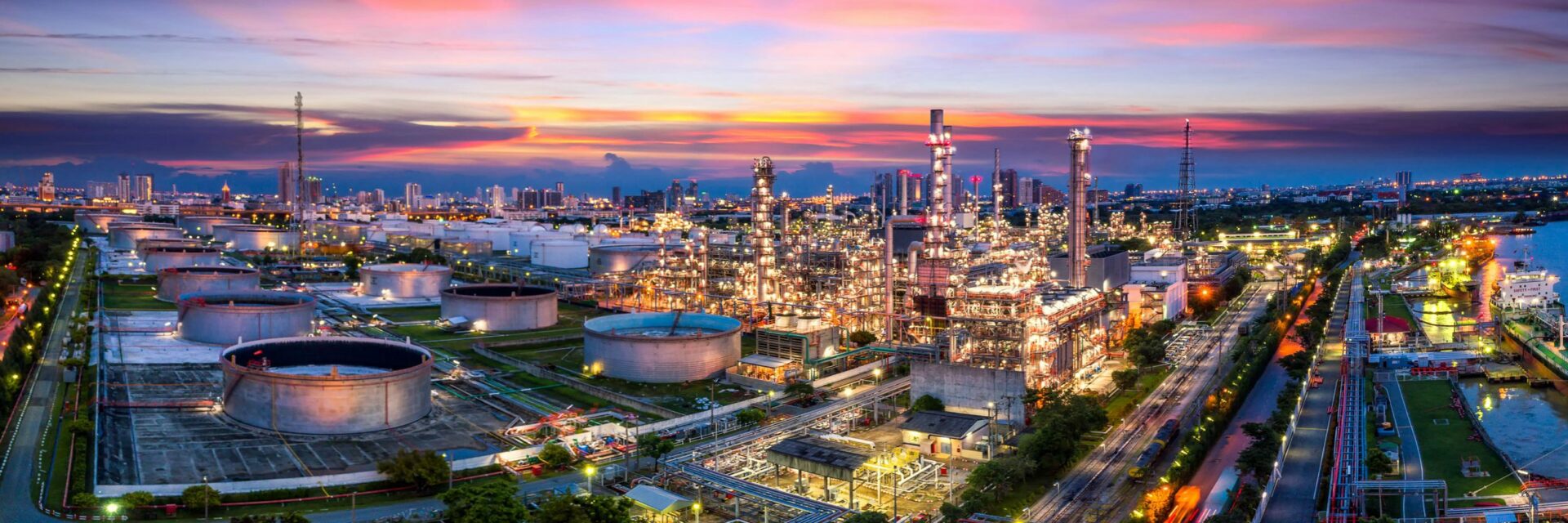Saudi Esports Market Size
In the heart of the Middle East, a new titan is rising in the esports industry, The Kingdom of Saudi Arabia. According to Turki AlFawzan in a BCG Publication, the current CEO of the Saudi Esports Federation, the gaming consumption in Saudi Arabia is estimated to leap to $6.8 billion by 20301, almost 4% of the current market size. Saudi Arabia is not just playing the game—but is a formidable architect of its future.
Recent Developments in Saudi Esports
Recent developments have placed Saudi Arabia at the forefront of esports. The Saudi Esports Federation, backed by a massive $488 million funding initiative from the National Development Fund and the Social Development Bank, is steering the country towards becoming a global leader in the industry 2. This strategic move is bolstered by ambitious government-backed strategies, such as the National Gaming and E-sports Strategy unveiled by Crown Prince Mohammed bin Salman, which aims to create almost 40,000 new jobs and have 30 competitve games in the top 300 globally, contributing an impressive 50bn SAR to the GDP 3.
One of the crowning jewels of Saudi’s esports commitment is the Gamers8 event, the largest independent esports event globally. This event featured 12 esports competitions in 2023, with an unparalleled $45 million prize pool1. Riyadh is also planned to host the Global Esports Games 2023 in Riyadh this upcoming December, a multi-title competition that continues to cement the city’s status as an esports hub4.
The Kingdom’s push isn’t just for glory but also for economic prosperity. With the gaming industry expected to grow by 250% by 2030, according to Mohammed Saud Al-Tamimi, governor of Saudi Arabia’s Communications and Information Technology Commission, it’s set to multiply its GDP contribution by nearly 50 times compared to 2022 5.
This growth is not merely in viewership and participation but also in the creative and technological sectors that bolster the industry. The number of gaming startups almost doubled in 2022, thanks to incubation programs that nurture budding enterprises.
Leveraging Infoquest
But what does this mean for those eyeing this booming Saudi esports market? Infoquest is your insider pass. With our in-depth knowledge of the regional market dynamics and a robust network of industry insiders, Infoquest is your gateway to the heart of Saudi Arabia’s esports revolution. Whether you’re seeking market entry strategies, partnership opportunities, or just want to understand the next big trend, our bespoke expert networking services can connect you with the key individuals driving this digital transformation.
Saudi Arabia’s commitment to esports and gaming signals more than just a diversification from oil—it’s a statement of vision and forward-thinking, one that Infoquest is primed to help you navigate and capitalize on.
Reach out on info@iqnetwork.co or directly on our website to learn more.

